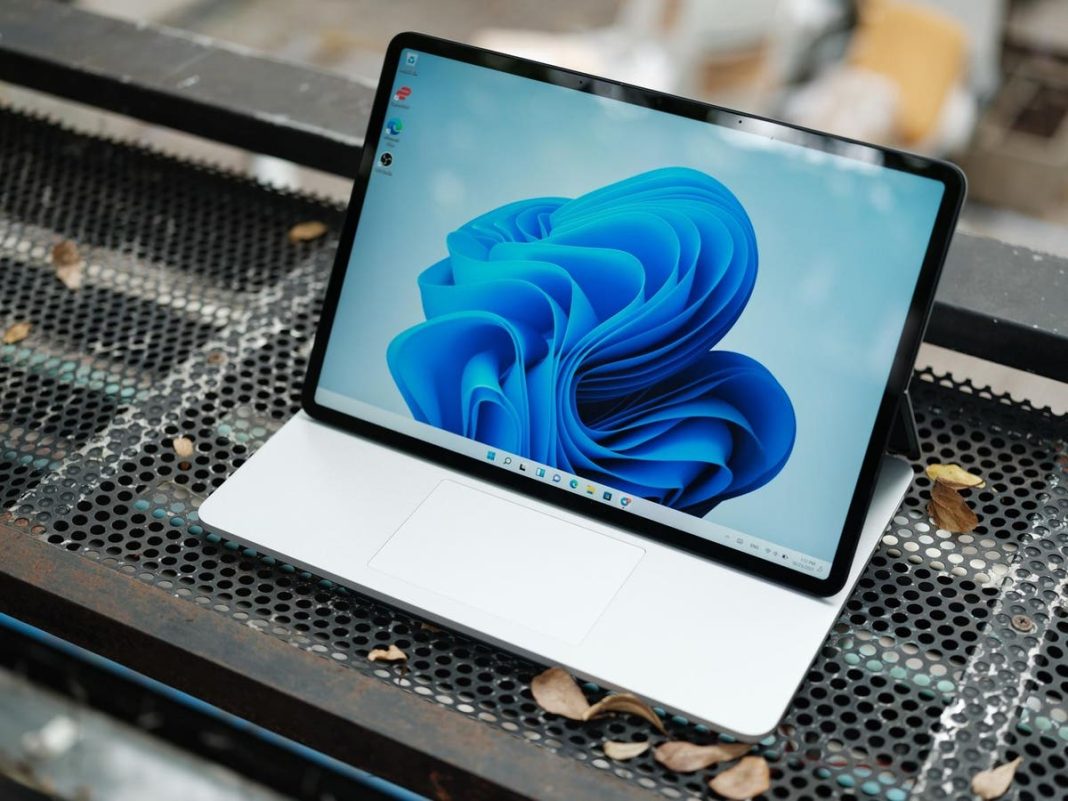For decades, Microsoft Windows has been the ubiquitous desktop operating system, the familiar gateway for millions across India and the globe to computing. From bustling corporate offices to small businesses in Tier-2 cities and student dorms, Windows has powered productivity and creativity. However, the operating system is now undergoing a profound transformation, subtly yet significantly shifting from merely an environment for human users to a sophisticated platform for artificial intelligence agents. This evolution is reshaping how we interact with our PCs, positioning Windows as a foundational OS for the era of AI.
The Dawn of the AI PC and On-Device Intelligence
The concept of an “AI PC” is rapidly gaining traction, signifying a new breed of computers designed to handle complex AI workloads directly on the device, rather than solely relying on cloud servers. At the heart of this shift are Neural Processing Units (NPUs), dedicated silicon engineered for the intensive computations required by AI models. Microsoft’s recent unveiling of Copilot+ PCs, powered by chips like Qualcomm’s Snapdragon X Elite, marks a pivotal moment in this transition.
These new machines are engineered to run AI features at lightning speed and with enhanced power efficiency, making on-device AI a practical reality. For Indian users, this has significant implications. Features like real-time language translation, advanced image editing, and intelligent document summarisation can now occur locally, reducing dependence on high-speed internet connectivity, which can be inconsistent in some regions. This local processing also enhances privacy, as sensitive data remains on the user’s device. Copilot, Microsoft’s generative AI assistant, is no longer just a cloud service; it’s deeply integrated into Windows, becoming a more responsive and omnipresent assistant capable of understanding context and performing tasks across applications.
Windows as a Habitat for AI Agents
The transformation goes beyond just faster AI. Windows is actively being architected to serve as a robust habitat for multiple AI agents, not just Microsoft’s own Copilot. Think of it as an ecosystem where various specialized AI agents can co-exist, learn, and collaborate to assist the user. Features like “Recall,” which creates a photographic memory of everything a user does on their PC, underscore Microsoft’s ambition. While “Recall” has faced privacy scrutiny, it exemplifies the vision of an AI agent that constantly monitors, learns, and provides proactive assistance based on a user’s entire digital experience. This kind of persistent, context-aware AI blurs the lines between a simple assistant and an autonomous agent.
Developers in India, a burgeoning hub for AI innovation, will find Windows an increasingly fertile ground for building and deploying their own AI agents. The Windows SDKs are evolving to provide deeper hooks for AI integration, allowing third-party agents to leverage the NPU, access system-level information (with user permission), and seamlessly interact with various applications. This could pave the way for highly specialized AI agents tailored for specific Indian business needs, local language processing, or even agents designed to navigate regional digital services. The operating system is moving from being a mere interface to a rich environment where AI agents can truly operate and enhance the computing experience.
As Satya Nadella, Chairman and CEO of Microsoft, aptly puts it, “We are moving into an era where every user, every business process, and every device will be infused with intelligence.” This vision is clearly manifesting in how Windows is evolving, making the OS itself a core component of the AI revolution.
Implications for the Indian Tech Landscape
This shift in Windows presents both opportunities and challenges for India. On the opportunity front, it could democratize access to advanced AI capabilities, making them accessible to a broader base of users and small and medium-sized enterprises (SMEs) without requiring heavy cloud infrastructure investments. Indian startups focusing on AI-powered productivity tools, educational software, or specialized services can build directly onto this new Windows paradigm, potentially reaching a massive user base.
However, the rapid integration of AI also necessitates a focus on digital literacy and ethical AI development. Ensuring users understand how these AI agents function, manage their data, and maintain control will be crucial. For the Indian developer community, mastering NPU programming and understanding the new AI-centric APIs will be key to staying competitive and innovative.
The operating system that once merely ran applications is now becoming an intelligent collaborator, hosting a growing array of AI agents. Windows is no longer just for us; it’s increasingly for the artificial intelligences that will augment our digital lives, transforming the very definition of personal computing in the years to come, with India poised to be a significant beneficiary and contributor to this evolution.




